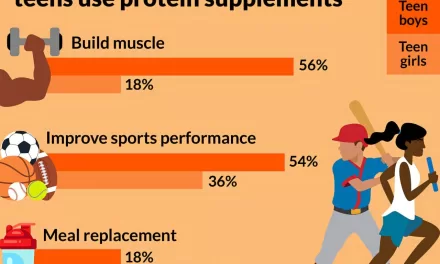As flu season approaches, healthcare professionals continue to seek improved protection for the elderly, who are particularly vulnerable to complications from influenza. Recent findings from a large-scale cohort study in France offer compelling evidence that high-dose (HD) flu vaccines provide better protection against hospitalization in older adults compared to standard-dose vaccines.
The study, which involved over 400,000 individuals aged 65 and older, found that the HD vaccine reduced hospitalizations due to flu by 23.3% compared to the standard dose. This result comes as the elderly population continues to bear the greatest burden of flu-related illnesses, driven by factors like aging immune systems, increased comorbidities, and frailty.
The Need for Enhanced Flu Vaccines in Older Adults
Professor Odile Launay, an infectious disease specialist at Cochin Hospital in Paris, emphasized the critical need for HD vaccines in this demographic during a recent press conference. “The elderly population is most affected by the flu due to weaker immune responses, multiple chronic conditions, and overall frailty,” Launay explained. These factors contribute to suboptimal protection from standard-dose flu vaccines in individuals aged 65 and older, prompting the development of HD vaccines with a higher antigen content.
The HD flu vaccine introduced in France for the 2021/2022 flu season contains four times the antigen dose of standard vaccines, and early data suggests it offers superior protection for the elderly.
Study Highlights and Results
The cohort study, published in Clinical Microbiology and Infection, included 405,385 noninstitutionalized individuals aged 65 years or older who received the HD vaccine. These individuals were matched with over 1.6 million others who received the standard-dose flu vaccine. Both groups had similar demographics, with an average age of 77 years, and more than half of the participants had at least one chronic illness.
The primary outcome was the rate of hospitalization due to influenza. The study found that the hospitalization rate was 69.5 per 100,000 person-years in the HD vaccine group, compared to 90.5 per 100,000 person-years in the standard-dose group. This represents a significant 23.3% reduction in hospitalizations among those who received the HD vaccine.
Professor Launay noted that the study’s findings are consistent with previous research conducted over 12 flu seasons, further validating the effectiveness of HD vaccines in older populations.
Strengths and Limitations
The large sample size and the widespread use of polymerase chain reaction (PCR) flu testing in hospitals are key strengths of the study. These factors improved the accuracy of flu diagnoses and provided a robust dataset for evaluating the vaccine’s effectiveness.
However, Launay also acknowledged several limitations. The retrospective design of the study, which did not randomize participants, introduces potential bias. For instance, the HD vaccine may have been more likely to be given to older individuals or those with more health complications, which could influence the results. Additionally, the 2021/2022 flu season saw the simultaneous circulation of both the flu virus and SARS-CoV-2, which may have affected flu hospitalization rates.
Future Prospects for Flu Vaccination
Despite the positive findings, Sanofi’s HD flu vaccine, Efluelda, will not be available in France this year due to a pricing dispute with the French government. However, the company is working on new formulations, including a trivalent version for the 2025/2026 season, as well as developing mRNA-based vaccines and a combined flu/COVID-19 vaccine.
The latest unpublished data from the 2022/2023 flu season further support the HD vaccine’s effectiveness, showing a 27% reduction in hospitalizations among older adults.
While flu vaccination strategies continue to evolve, this study highlights the potential benefits of HD vaccines in reducing the severe outcomes of influenza in older populations, reaffirming their role in protecting this high-risk group.











